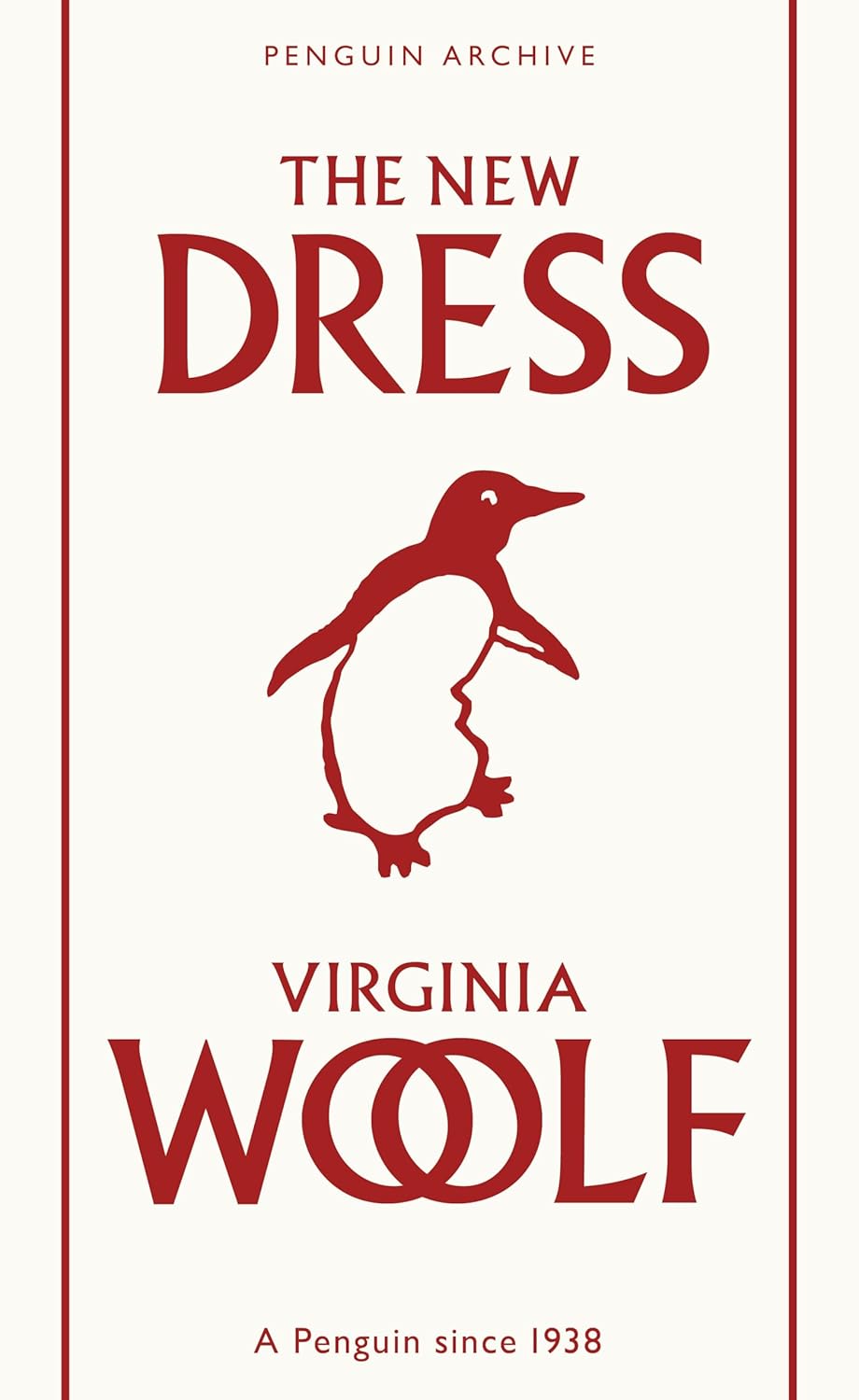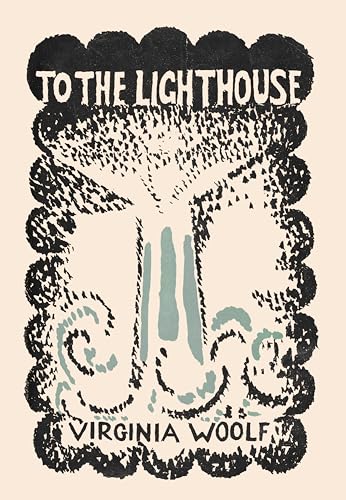Lazy and indifferent, shaking space easily from his wings, knowing his way, the heron passes over the church beneath the sky. White and distant, absorbed in itself, endlessly the sky covers and uncovers, moves and remains. A lake? Blot the shores of it out! A mountain? Oh, perfect--the sun gold on its slopes. Down that falls. Ferns then, or white feathers, for ever and ever... Virginia Woolf, an English writer, one of the foremost modernist literary figures of the twentieth century. Woolf was a significant figure in London literary society and a member of the Bloomsbury Group, an enormously influential gathering of English writers, intellectuals, philosophers and artists. Their works and views deeply influenced literature, aesthetics, criticism, economics, and modern values and attitudes.
Virginia Woolf
Virginia Woolf was a prominent English writer and modernist literary figure. Known for her stream-of-consciousness writing style, she challenged traditional narrative structures and explored themes of gender, class, and mental health in her works. Some of her most notable works include "Mrs. Dalloway," "To the Lighthouse," and "Orlando." Woolf's contributions to literature include her innovative approach to character development and narrative technique, as well as her exploration of the inner lives of her characters. Her most famous work, "Mrs. Dalloway," is considered a masterpiece of modernist literature and a reflection of Woolf's unique literary voice. Woolf's impact on the literary genre is undeniable, as she paved the way for future generations of writers to experiment with form and style in their own works.



